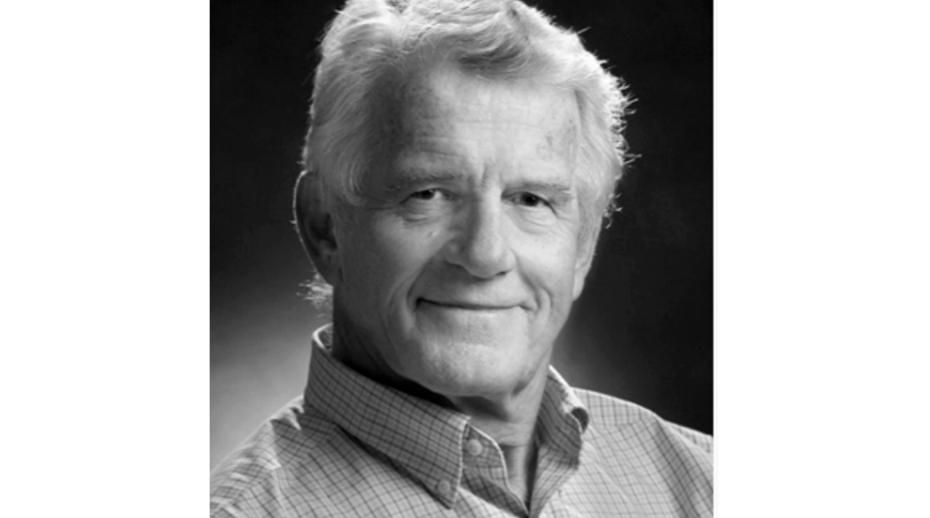
SIPRI mourns the passing of Andrew Mack, a prominent figure of the peace research field. Andrew Mack passed away on 20 January 2021 after a year of illness. The founding director of the Human Security Report, he had a long and diverse career in peace research from the early 1970s, when the field was born. His early and influential publications include a book about non-violent national defence, War Without Weapons, co-authored with Anders Boserup in 1974 after a six-month fellowship at the Copenhagen Peace Research Institute, and the article, ‘Why big nations lose small wars’, published in the World Politics journal in 1975.
Dan Smith, SIPRI Director, says of Mack’s passing, ‘Andy Mack was a giant of the peace research field. He was an influence in the careers of so many people connected with defining policies and conducting research on issues of peace and conflict. I met him in 1974. He had written an article about nuclear weapons and arms control in The Guardian so I called him up and we met. He was the person who helped me become a peace researcher. In fact, he was the one who showed me the field existed. After meeting him a few times, I asked if he thought that was something I could do. He not only said yes but introduced me to the institutions from which I got my first research grant and where I carried out my first research project.
‘He was a wonderful and utterly extraordinary person with a technicolour career. Six years in the Royal Air Force, a couple of years in Antarctica, a period in Sierra Leone prospecting diamonds, two years at the BBC World Service in the news department—and after that he started doing research.’
‘I met him numerous times and in numerous places across the years, sometimes at conferences and seminars, sometimes cooking up work together with others. He was generous with his time and with his abundant energy. Also with his wine. As many other friends will testify.’
‘Above all he was a giant in his field. He persistently pressed for rigorous research to be written up and presented in a way that was digestible and useful for policy makers. His own career straddled the academic/policy divide as he went from university to the United Nations and back again. The insights that shaped the Human Security Report, showing that peace was on the rise in the early 20th century, were primarily his. By bringing to the light that largely unreported good news story, he offered a refreshing perspective and an important counterweight to the gloom that so often pervades analysis of world politics and conflict. We will miss him.’
Andrew Mack’s career took him, via research centres in Copenhagen and London, to Australia where he taught at Flinders University, and then to Canberra, setting up and directing the Australian National University’s Peace Research Centre. He ran that from 1985 to 1991 and was head of the university’s Department of International Relations until 1998. He then moved to New York and became the Director of the Strategic Planning Unit at the UN under Secretary‐General Kofi Annan. From there he moved to Vancouver and the directorship of the Human Security Report, first at the University of British Columbia and then at Simon Fraser University.